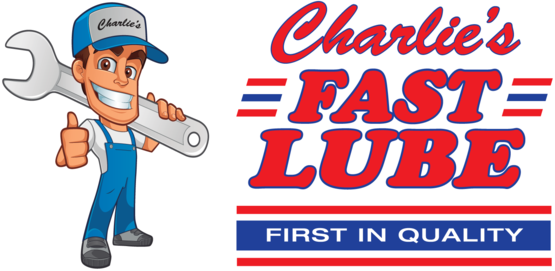TPMS: Tire Pressure Monitoring for Your Jackson Vehicle
January 10, 2021
Jackson drivers may know that all 2008 model year and newer cars, mini-vans and light trucks in Missouri come with a tire pressure monitoring system. Many slightly older vehicles around the Jackson area have these systems as well. A tire pressure monitoring system – called TPMS – consists of sensors on each wheel that measure tire pressure.
If tire pressure drops 25 percent below the vehicle manufacture’s recommended pressure, the sensor sends a signal to a monitoring unit that causes a warning to light up on the dashboard. When drivers see the warning light, they know it's time to put some air in the tires.
There are many benefits to people in Jackson who drive with properly inflated tires. First is cost savings. Running at the correct air pressure improves fuel economy. Driving on underinflated tires is like driving through sand – it drags down your fuel economy. Drivers in Jackson will also see longer, more even tread wear so your tires will last longer.
Another important benefit of properly inflated tires is increased safety for Jackson vehicles. Underinflated tires become hotter, and that heat can actually lead to tire failure – possibly resulting in an accident. Your vehicle and the tires themselves will just perform better and more safely around Jackson with properly inflated tires.
Local Missouri consumer groups and law-makers advocate TPMS systems hoping that they will save lives, property damage and inconvenience. While you can't put a value on saving a life, Jackson drivers should keep in mind that TPMS systems aren't free.
The systems themselves are added into the price of the vehicle. The batteries in the sensors will have to be replaced from time to time. Parts will break and need to be replaced. In colder climates around Missouri, ice and salt are frequent causes of failure.
In addition, there are other behind-the-scenes costs we want you to be aware of. Every time a tire is replaced, repaired, rotated or balanced, the tire technician has to deal with the TPMS system.
Jackson service centers such as Charlie's Fast Lube Jackson must purchase equipment used to scan and reactivate the TPMS system after every tire service. Because older tire change equipment can damage TPMS sensors, your Jackson area service center may need to buy expensive, new tire changers.
Since there is no uniformity among manufacturers, technicians need to be trained on several TPMS systems. These behind-the-scenes costs are very real to Jackson service center managers.
That's why the team at Charlie's Fast Lube Jackson is anxious for people in the Jackson area to understand the financial impact of TPMS systems. In the past, we've been able to quickly and cheaply provide tire services and then pass the low cost on to customers as an expression of our good will. But now even these simple jobs take much longer and require equipment.
Sensors will need to be removed and reinstalled. Even a tire rotation will require that the monitor be reprogrammed to the new location of each tire. When a vehicle battery is disconnected, the TPMS system will need to be reprogrammed.
So when you start so see the cost of tire changes, flat repairs and rotations going up in Missouri, please keep in mind that it's because of this new safety equipment. The team at Charlie's Fast Lube Jackson just wants to keep you safely on the road – and we're committed to doing it at a fair price.
It's important to remember that the TPMS warning only comes on when a tire is severely underinflated. You'll still want to check your tire pressure regularly. At every fill-up is best, but you should check pressure at least once a month. Here's wishing you safe travels.
Contact Charlie's Fast Lube Jackson for more information about Tire Pressure Monitoring Systems.
Charlie's Fast Lube Jackson
1901 E. Jackson Blvd.
Jackson, Missouri 63755
575-243-2226
http://www.charliesfastlubejackson.com
Need Service?
More articles from Charlie's Fast Lube Jackson

Charlie's Fast Lube Jackson Advice on What to Pour into Your Vehicle
April 13, 2025
Changes in vehicle design and manufacture have resulted in changed fluid requirements for our vehicles. With the sophistication of engines, transmissions, differentials, etc., it's best for Jackson residents to always use the proper type of fluid for their vehicle. Using incorrect fluids can act... More

Low Power Mystery (Ignition Coil Service)
April 6, 2025
It's no fun when your vehicle just doesn't run the way it used to. You may notice (especially in cold weather) the engine won't start easily or when it does start, it doesn't run smoothly. It may not have much power at all. You also may have had to stop at the gas station more often, a sign you... More

Feeling Powerless (Why Is My Battery Light On?)
March 30, 2025
When one of your vehicles warning lights comes on, the first thing that comes to mind is, Oh, no, whats wrong now? When its the battery light, it means theres something wrong with your vehicles battery or charging system. And because both are important for your vehicle to work properly, its a go... More










